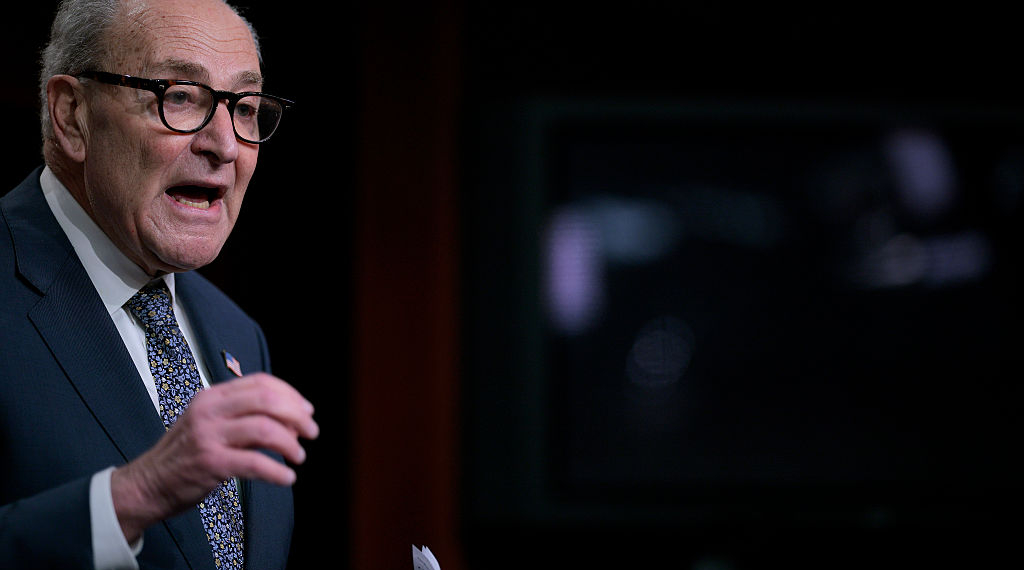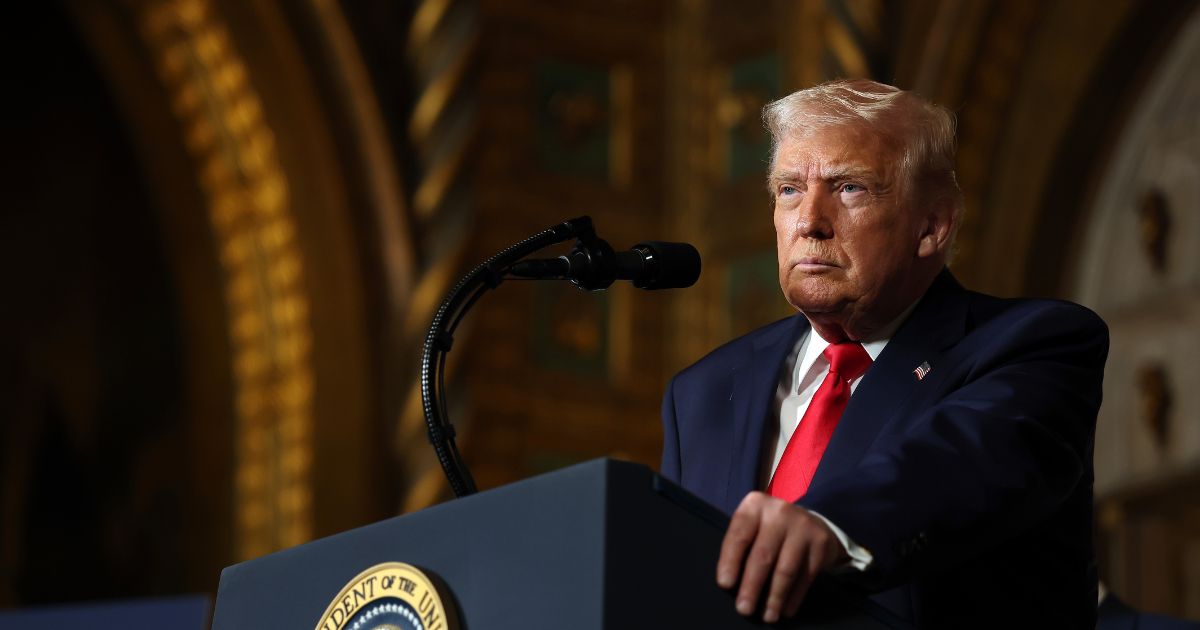Senate Democrats have once again blocked a Republican-led initiative aimed at reopening the federal government, marking the shutdown’s 14th consecutive failure to pass. This decision guarantees that the current shutdown will become the longest in U.S. history, surpassing the previous record set during the 2019 standoff. As of November 1, 2023, the federal government is on day 35 of the shutdown, a situation that highlights ongoing divisions over healthcare policy and government spending priorities.
The rejected measure was a continuing resolution (CR) passed by the House, which Senate Democrats dismissed due to their insistence on securing a deal regarding expiring Obamacare subsidies. Senate Majority Leader Chuck Schumer (D-N.Y.) placed the responsibility for the shutdown on Republicans and former President Donald Trump, stating, “The only plan Republicans have for healthcare seems to be to eliminate it, and then to tell working people to go figure it out on their own. That’s not a healthcare plan. That’s cruel.”
Despite Schumer’s firm stance, there are signs of fatigue among Senate Democrats. Nearly a dozen members convened privately on October 31 to explore potential solutions to end the impasse. Senate Minority Leader John Thune (R-S.D.) expressed cautious optimism, acknowledging the urgency of resolving the shutdown. “The pressures, the cross pressures that everybody’s feeling, are great,” Thune noted. “But I think there are people who realize this has gone on long enough and that there’s been enough pain inflicted on the American people. It’s time to end it.”
Republicans have proposed several compromises, including a commitment to vote on the Obamacare subsidies once the government reopens. With the current CR set to expire on November 21, 2023, lawmakers are running short on time to establish broader spending bills. Some members have suggested extending the resolution into December or January to prevent another shutdown and avoid a large year-end omnibus package. Others are discussing a smaller “minibus” of spending bills linked to the next CR.
Senator Mike Rounds (R-S.D.), engaged in bipartisan discussions, stated that Democrats could “stop all this with one vote” if they were willing to collaborate. “Bottom line is they can stop all this with one vote and get back to work on a bipartisan basis,” Rounds emphasized. Senator Lisa Murkowski (R-Alaska) has proposed a two-year extension of the Obamacare subsidies as a possible compromise, acknowledging that meaningful reforms may be challenging at this stage since insurers have already set new rates. “It’s just what’s the right concoction?” Murkowski commented regarding the ongoing negotiations.
Frustration among Senate Democrats is growing, particularly over President Trump’s lack of engagement in the discussions. Trump has refused to meet with Schumer and House Minority Leader Hakeem Jeffries (D-N.Y.) until the government is reopened, instead pushing for a repeal of the Senate filibuster to advance Republican proposals. Senator Andy Kim (D-N.J.) remarked, “At no point since October 1 has Donald Trump agreed to sit down with Democratic leaders. If he’s got time to tweet, he’s got time to just come and talk to us.”
As the shutdown extends into record territory, both parties are feeling the public’s frustration. Yet, neither side appears prepared to make the first move toward resolution. The standoff continues to impact federal operations and, notably, the lives of millions of Americans relying on government services.







